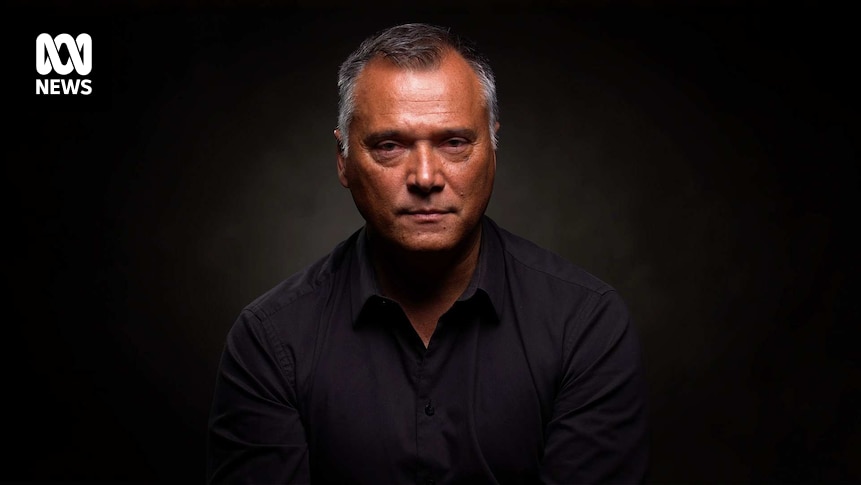I think the issues felt by Aboriginal peoples in Canada, Australia and elsewhere has more to do with humanity itself rather than any one particular nation; although I admit that doesn't absolve any of them. People have been wandering beyond their ancestral lands, and maltreating other people they came across, for pretty much ever, but advances in shipbuilding and navigation during the Age of Discovery really kick-started it allowing people to not only find other lands and peoples, but maintain their presence and exploit what and whom they encountered.
Across contiguous lands like Europe, Asia and Africa, civilizations tended to be fairly equal in their chronologic development but, in terms of Europe encountering the new world, there were differences of multi hundreds of years. Emerging industrial societies were meeting societies that were mostly still agricultural or hunter-gatherer; societies that by-and-large had not even learned to smelt metal, let alone using gunpowder, making for a somewhat unbalanced relationship to say the least. In Canadian terms, if it wasn't Britain or France, it would have been Spain, the Netherlands, Germany, Portugal, Belgium or any of the other nations that were in empire-building mode, and perhaps Japan, Russia or China from the west; but it was inevitable that it was going to happen.
I agree with an upthread comment that republicanism is no guarantee that a solution will be magically at hand, any more than it would have prevented exploitation in the first place. The US is a prime, example of that. We might have used instruments of the State against Aboriginal peoples but we didn't have an equivalent of their Indian Wars. Perhaps that just means we were more subtle. The Spanish, as I understand it a pure Monarchy at the time, pretty much wiped out a civilization or two.
Let's not even talk about how institutions, like the church, have subjugated and exploited its own people as well as others.
The has been a flurry of articles and opinions in the past couple of weeks regarding the future of our Monarchy. I have read several scholars, historians, academics, etc. who have eloquently expounded on the history and advantages, as well as some of the drawbacks of a Constitutional Monarchy, much more eloquently than I ever could. On the other side, it seems the primary arguments of the pro-republic crowd seems to revolve around topics such as a foreign head of state, the anachronism of a hereditarian system, and becoming truly independent and 'all grow'd up'. On the contrary, I think there is much strength in being aligned with a system that is the result of over 1000 years of continuous evolution. I'm not sure any current republic can claim that.
In terms of independence, I recall that when I left home in my early 20s to strike out on my own, I didn't feel the need to renounce my parents.

 www.abc.net.au
www.abc.net.au



